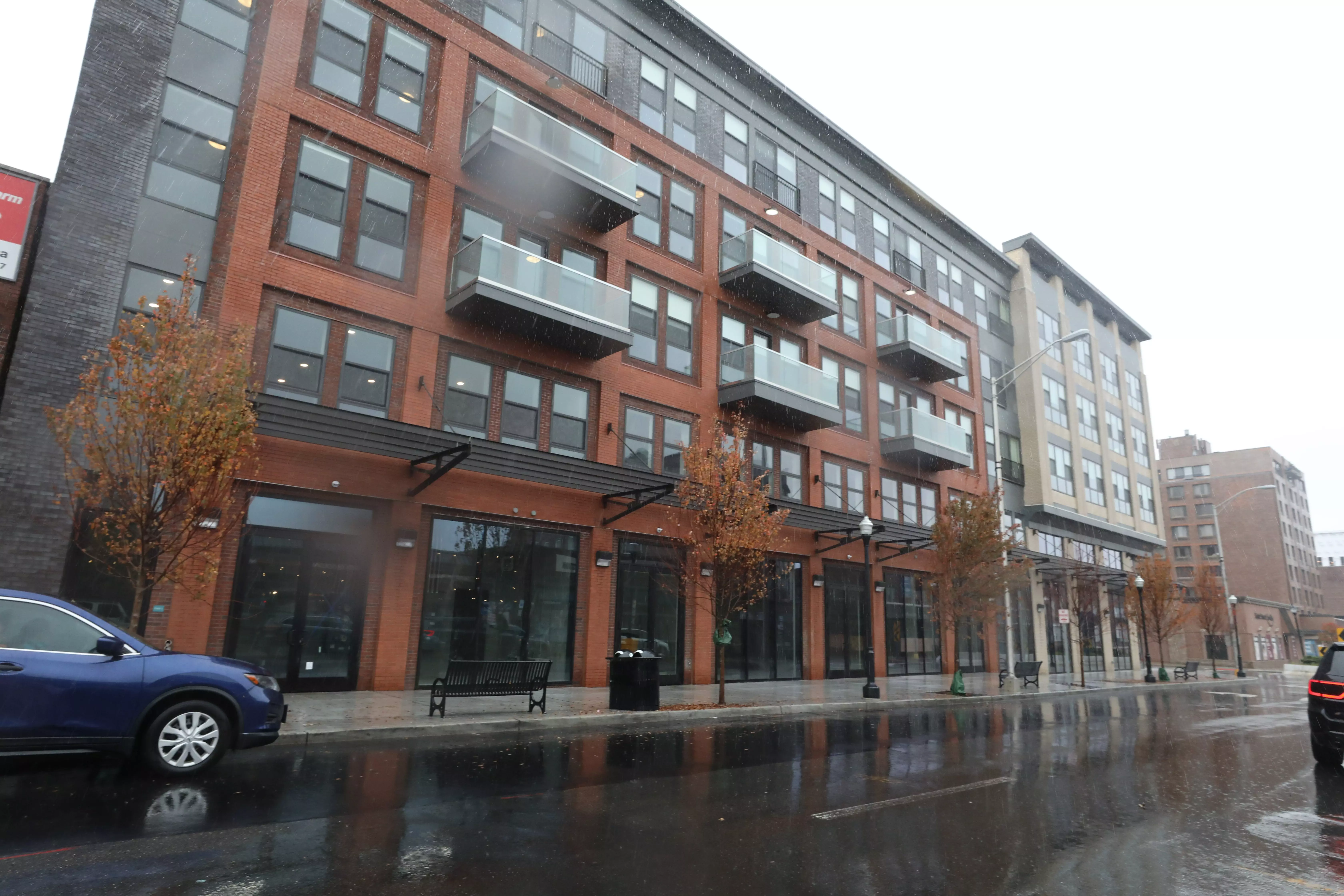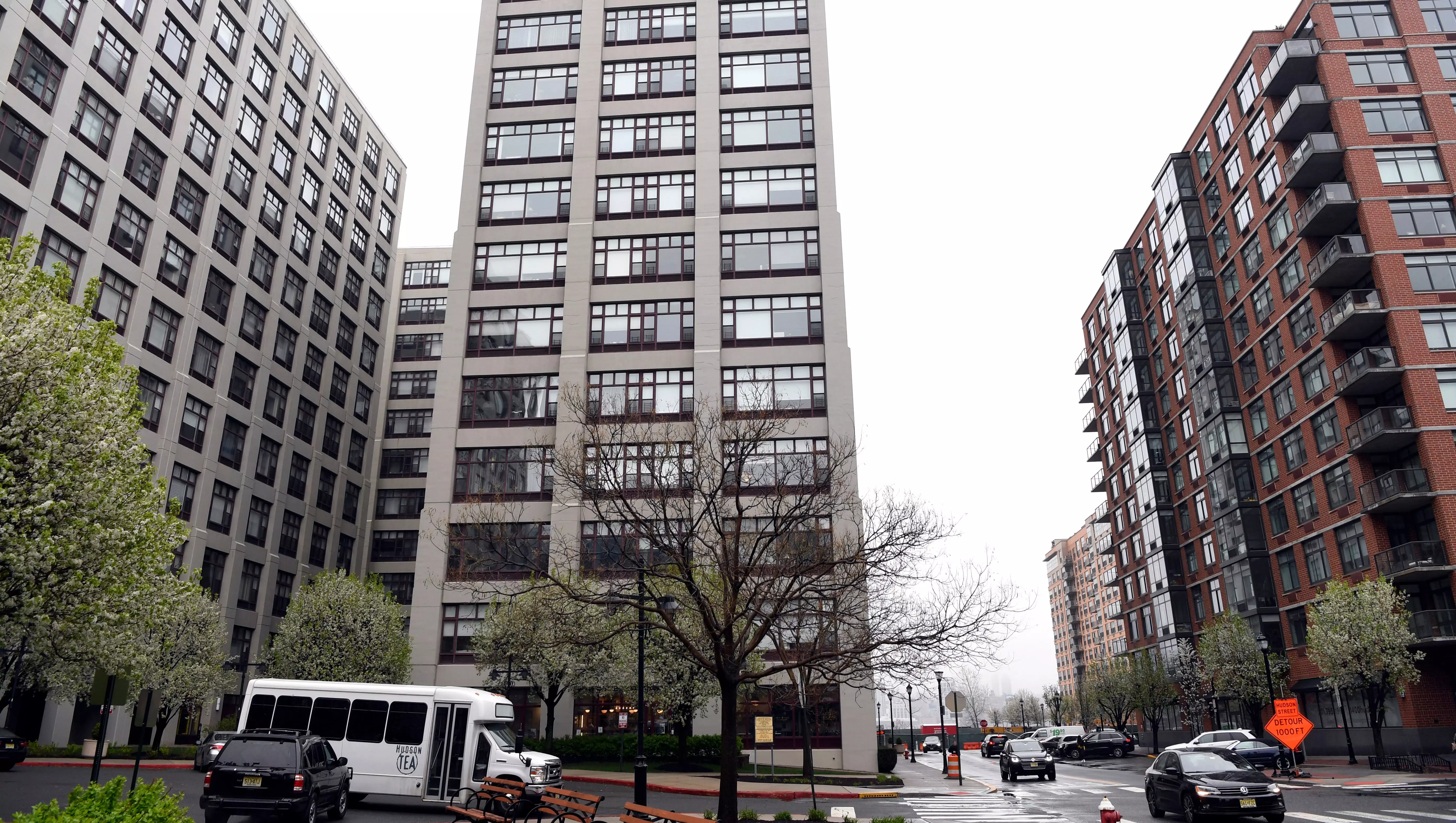 Image: A residential building in Hackensack.
Image: A residential building in Hackensack.
New Jersey has taken a crucial step towards protecting the structural integrity of residential condominiums and cooperative housing buildings. Following the devastating collapse of the Champlain Towers South in Florida, New Jersey has become the second state, after Florida, to enact legislation aimed at preventing such tragedies.
Signed into law by Gov. Phil Murphy, this bill introduces additional procedures and regulations for the inspection, evaluation, and maintenance of residential housing structures. It was crafted and passed with the assistance of the New Jersey chapter of the Community Associations Institute and its Legislative Action Committee.
Averting a Tragedy: Lessons from Champlain Towers
"The goal of this legislation is to make sure that a tragedy like Champlain Towers doesn't happen in New Jersey," says Matthew Earle, a condo and co-op attorney at Kates Nussman Ellis Farhi & Earle, LLP, in Hackensack and the chairperson of the New Jersey Legislative Action Committee.
The collapse of Champlain Towers South exposed multiple failure points, from structural issues to funding challenges. To prevent a similar catastrophe, New Jersey's legislation sought to incorporate the lessons learned from the tragic incident in Florida.
 Image: A residential building in Hoboken.
Image: A residential building in Hoboken.
The legislative process involved modifying the Uniform Construction Code to address structural integrity concerns and amending the Planned Real Estate Full Disclosure Act to ensure proper funding for replacement reserves. The legislation covers a range of buildings, including high-rise structures and lower-rise condo and co-op buildings commonly found in the state.
Ensuring Safe Structures: Key Provisions of the Law
The law introduces mandatory building inspections at specified time intervals. Buildings constructed after the legislation's signing must undergo their first inspection within 15 years. For buildings 15 years old or older, inspection is required within two years of the legislation's enactment. In cases where events, such as severe weather or vehicle collisions, may lead to structural damage, inspections must be conducted within 60 days.
Furthermore, building associations are now required to conduct reserve studies to determine the necessary funds for major repairs or replacement of common building elements. Existing associations with reserve studies have five years to update them, while new associations must complete a study within two years. Associations without any previous reserve study have one year to conduct one.
Empowering Boards and Protecting Homeowners
Financial challenges often hinder boards from addressing major building issues promptly. The legislation overrides governing documents that restrict boards' authority to levy assessments or borrow funds for justified structural repairs.
According to Ed San George, owner and president of Integra Management Corp. and vice chairperson of the Legislative Action Committee, "This legislation supersedes governing documents that limit boards' authority to levy assessments or borrow money for a justified structural repair."
The efforts to draft this legislation involved various individuals, including David Ramsey, a lawyer at Becker & Poliakoff, Mitch Frumkin, president of Kipcon Engineering, state Sen. Troy Singleton, state Sen. Linda Greenstein, Assemblywoman Yvonne Lopez, and Assemblyman Benjie Wimberly.
Conclusion
New Jersey's proactive approach to protecting its residential buildings sets an important precedent. By enacting this legislation, the state aims to prevent tragedies caused by structural failures and ensure the safety and well-being of its residents.
This serves as a reminder that maintaining the integrity of our buildings is a collective responsibility. With stringent regulations in place, New Jersey's residential communities are poised to enjoy a safer and more secure future.
Caption: Maddie McGay is the real estate reporter for NorthJersey.com and The Record, covering all things worth celebrating about living in North Jersey. Find her on Instagram @maddiemcgay, on X @maddiemcgayy, and sign up for her North Jersey Living newsletter. Do you have a tip, trend, or terrific house she should know about? Email her at MMcGay@gannett.

















